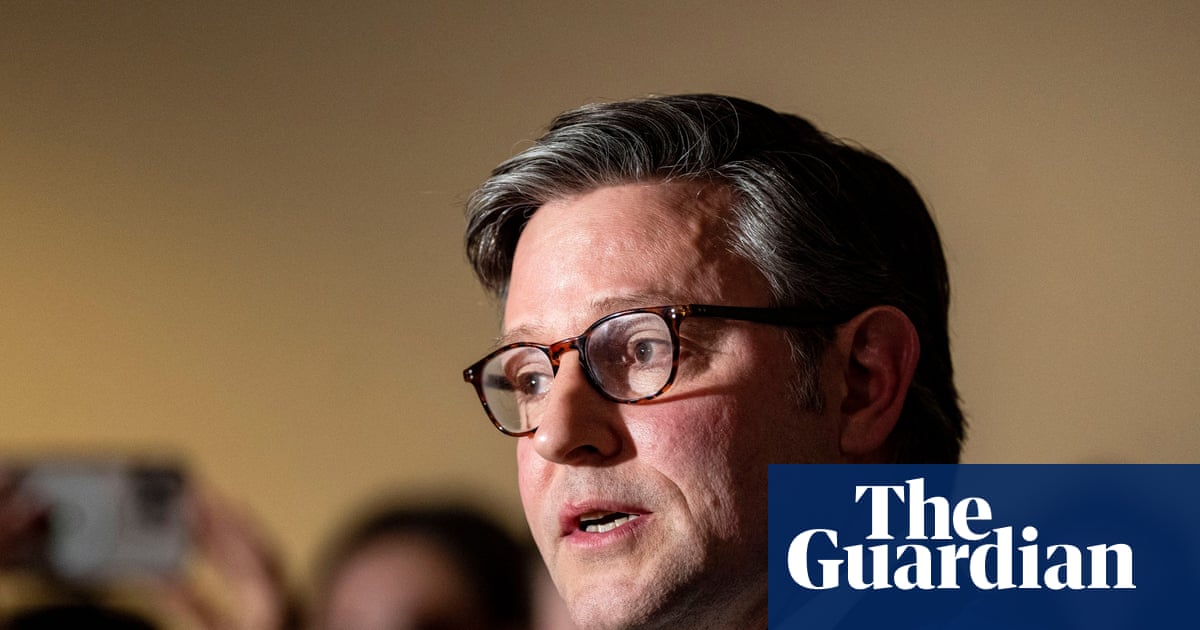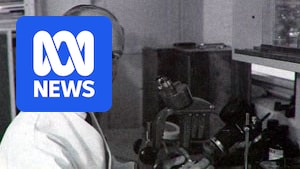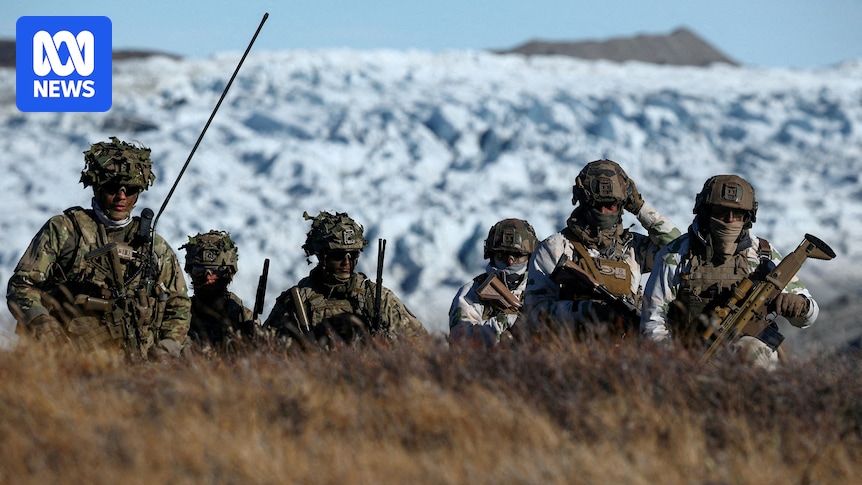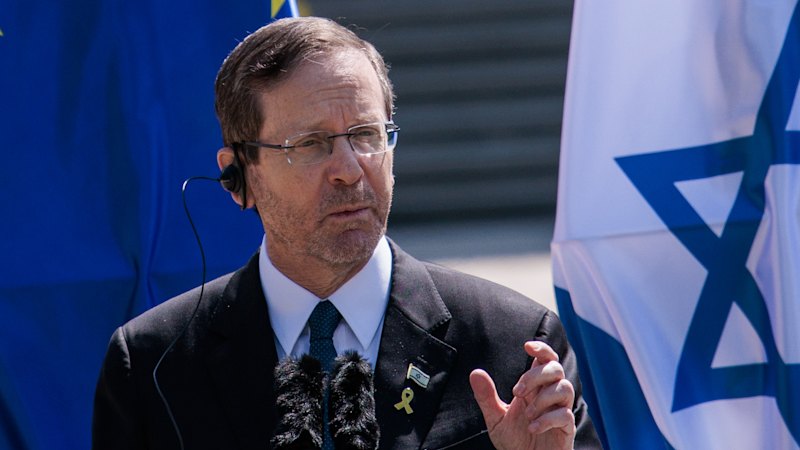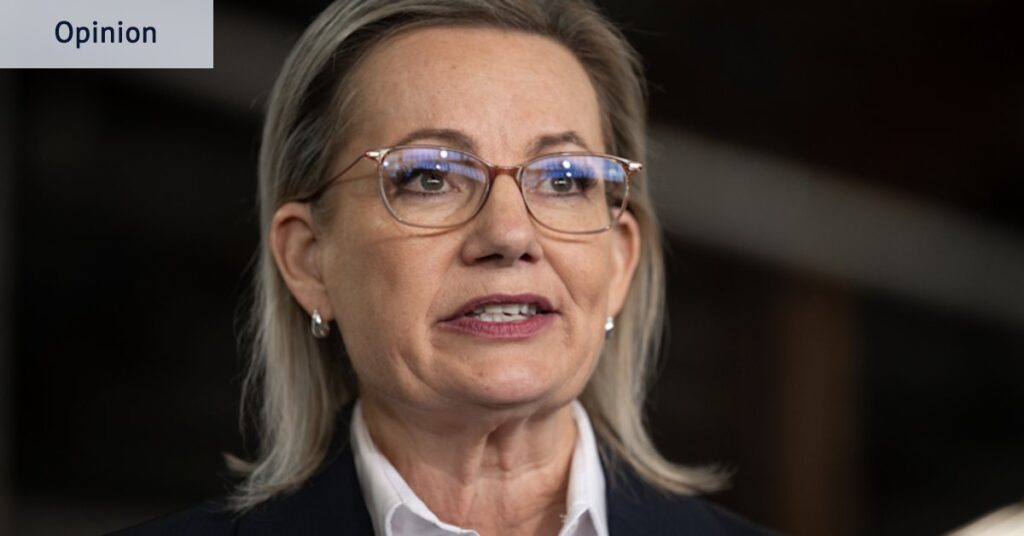
Opposition Leader Sussan Ley is attempting to redefine her role amidst a turbulent political landscape. Having recently settled the Coalition’s internal disputes over net zero emissions, Ley has shifted her focus to immigration and defense spending, even suggesting that aspiring immigrants should be tested on Australian values. However, the opposition has yet to define what these values entail.
The recent net zero debate revealed more about the Liberal Party’s internal struggles than about Ley’s personal stance. Despite acknowledging the party’s electoral defeat and pledging to modernize the Liberal Party, Ley’s personal views on emissions reduction and energy policy remain unclear. In 2021, she expressed a desire to achieve net zero emissions swiftly, yet her current alignment with the party’s vague stance on emissions reduction leaves her true beliefs ambiguous.
The Role of Opposition in Australian Politics
Historically, opposition leaders like Robert Menzies, Gough Whitlam, John Howard, and Tony Abbott have led with clear positions, adapting when necessary and explaining their reasoning. Ley, however, appears to prioritize party unity over personal conviction, a strategy that contrasts with her predecessors. Her focus has been on maintaining the Coalition’s cohesion, especially after the Nationals distanced themselves from a coherent energy policy.
According to Paul Strangio, emeritus professor of politics at Monash University, Ley faces a monumental task akin to the challenges faced by Whitlam and Menzies. The Liberal Party requires significant renewal to regain its electoral focus. Strangio suggests that Ley should embark on a creative project to rebuild the party’s policies and constituencies, similar to past leaders who successfully revitalized their parties.
Challenges from Within and Beyond
The Liberal Party is currently grappling with internal ambivalence towards its first female leader and external pressures from populist forces. The latest Redbridge poll shows One Nation at 18 percent, with the Liberals not far ahead at 24 percent, marking their lowest primary vote since Federation. This rising support for One Nation presents a credible electoral threat and pressures the Coalition to cater to right-wing voters.
Additionally, the electorate’s growing preference for minor parties and independents complicates the traditional opposition role. At the last election, 34 percent of voters chose minor parties and independents as their first preference, surpassing the 32 percent who favored the Coalition. This shift reflects a fractured voting landscape that challenges the two-party system.
Historical Parallels and Lessons
Historically, opposition leaders have used their time to prepare for governance. Whitlam, for instance, spent years developing policies and expertise before his election in 1972. Similarly, the Labor opposition under Bill Hayden effectively prepared for a seamless transition to government. John Howard utilized his opposition tenure to deliver impactful speeches, while Tony Abbott’s rigorous opposition work contributed to his electoral success, albeit with challenges as Prime Minister.
Scott Prasser, a former senior public servant and researcher, notes that the concept of opposition has evolved since its origins in the Westminster system. In Britain, the Conservative Party’s diminished credibility has allowed Nigel Farage’s Reform UK to influence the Labour government’s agenda, illustrating the shifting dynamics of opposition politics.
The Future of Opposition
In Australia, the Liberal Party’s historical reputation as the natural party of government is under scrutiny. The Morrison government’s perceived ineptitude has challenged this narrative, and the Liberals’ electoral defeat underscores the need for introspection. While Ley acknowledges the party’s current opposition status, the existential challenges to the two-party system suggest that the traditional role of opposition may not endure indefinitely.
As the political landscape continues to evolve, Sussan Ley’s leadership will be pivotal in navigating these challenges and redefining the role of opposition in modern Australian politics.
